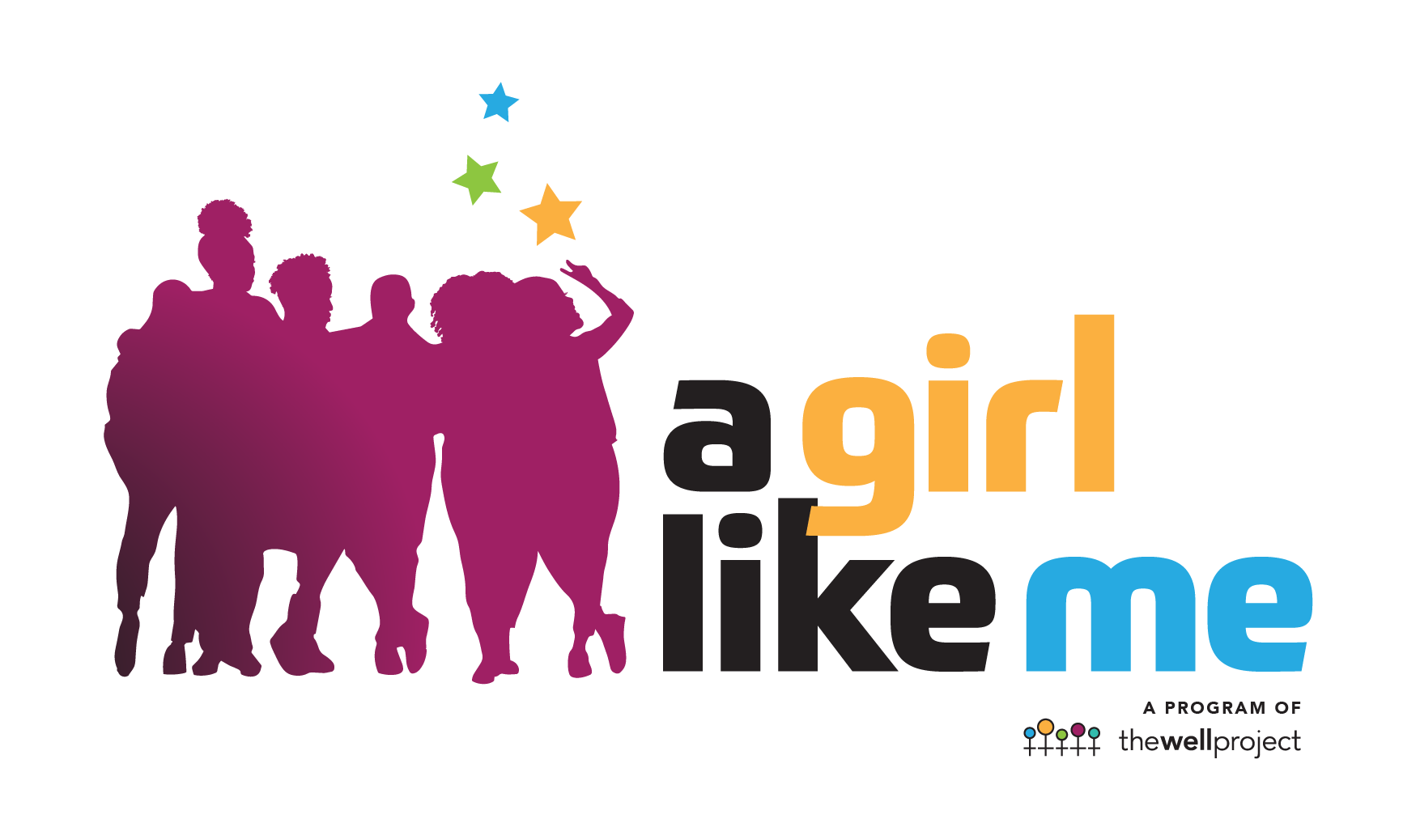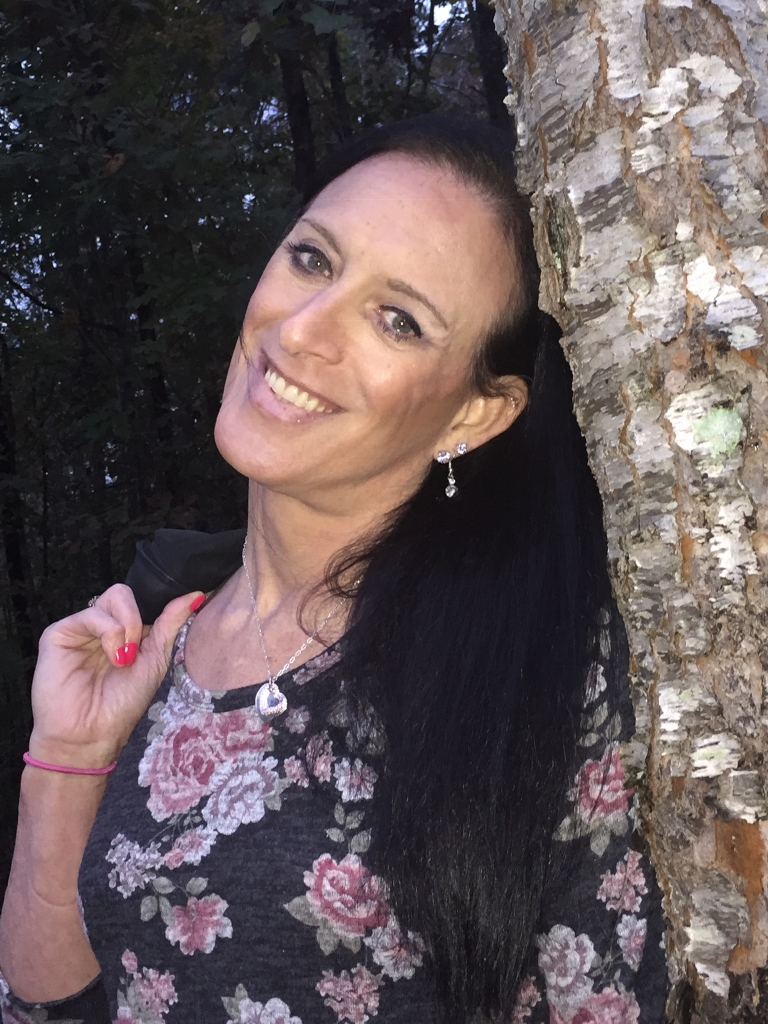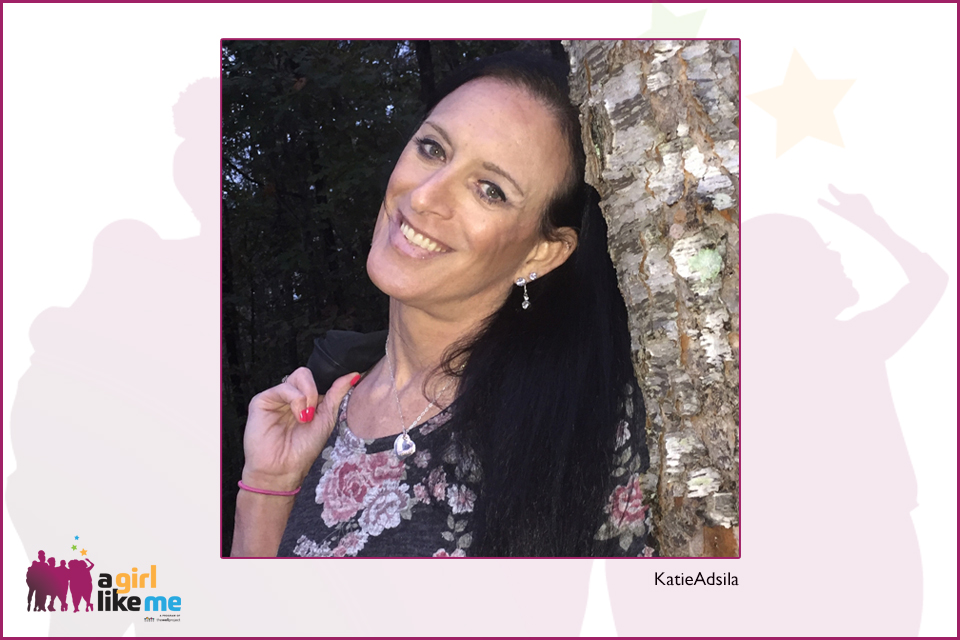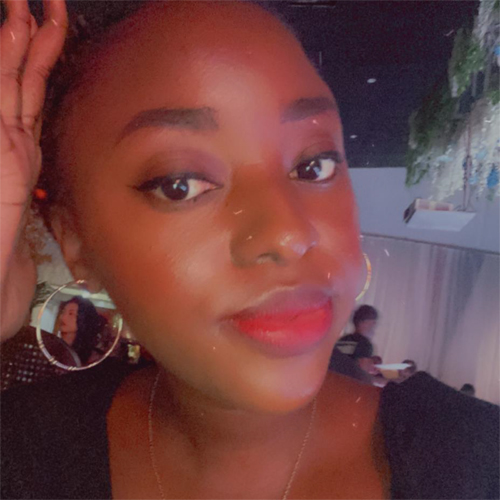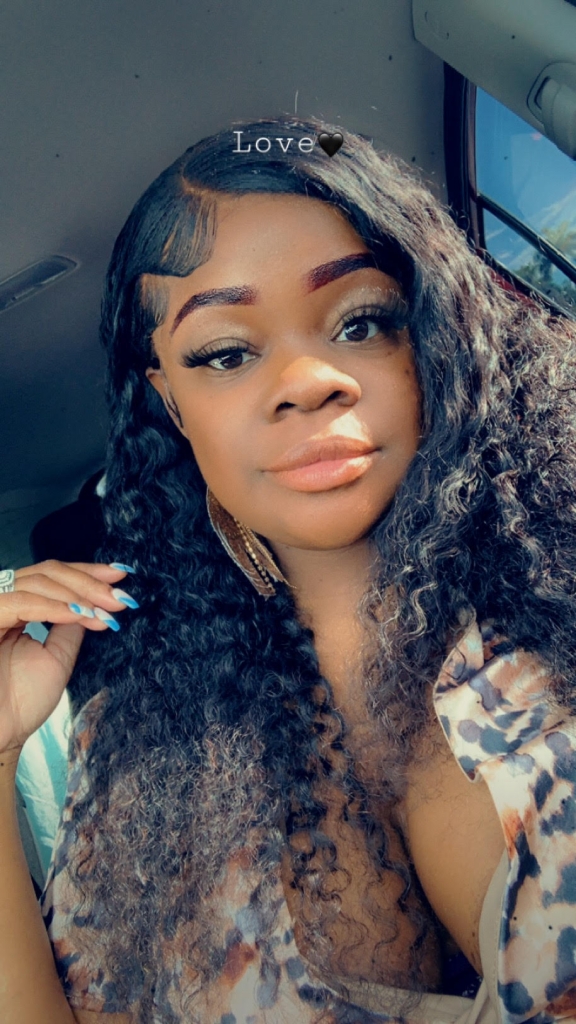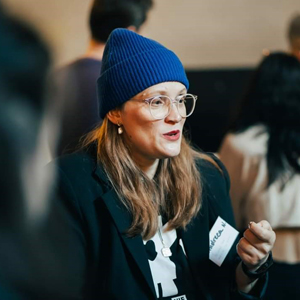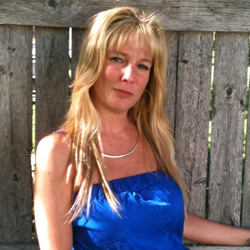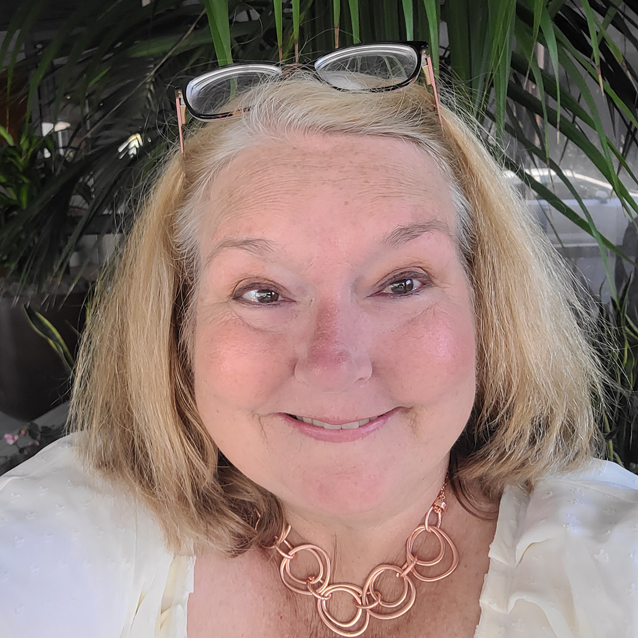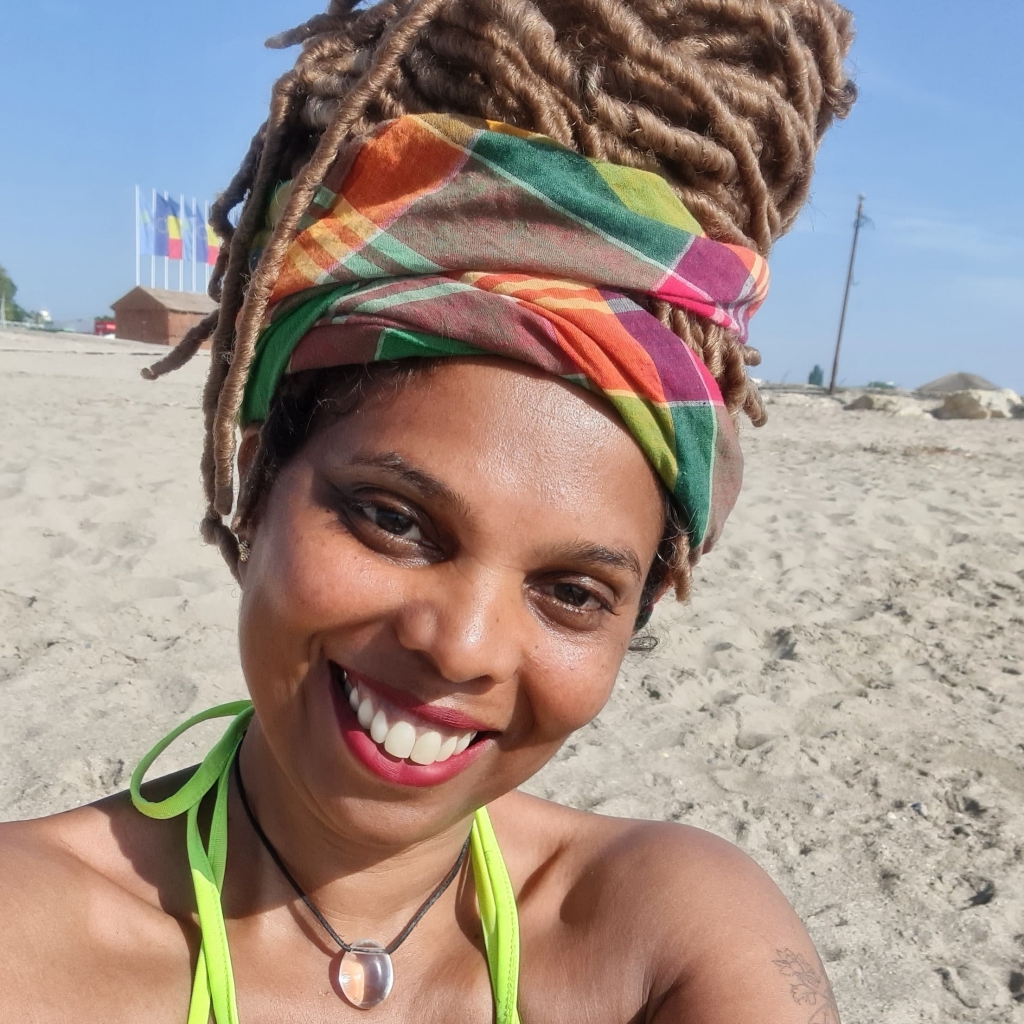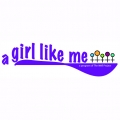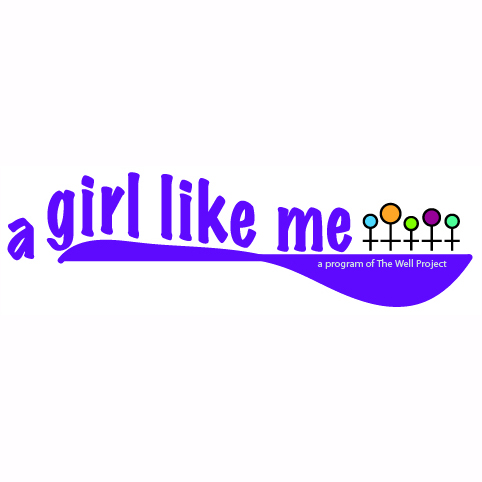I attended the International Workshop on HIV and Women 2023 virtually on February 17-18. I love attending conferences in person, there's nothing like the experience and energy of those in-person meetings, but virtual conferences have their pros as well, like attending the conference in your pajamas, which I did lol.
My first day started a little frustrating, because as I was trying to log in to join the conference, my computer decided that it was a good time to update itself, ughh. Once I joined I caught the conclusion remarks of a doctor from Ukraine. I would really have loved to have heard her, I have so much respect for Ukrainian healthcare workers. I couldn't imagine what they're going through right now. So I'm glad I'll have access to the recordings for a while, another perk of virtual conferences.
The conference was jam-packed with a lot of great presentations from discussing the impacts of global crises on women living with HIV, to the intersectionality of climate change and women's health outcomes. I found the connection fascinating and could understand how it works by their skillful presentation.
I was also very happy to see two land acknowledgements that day; those aren't given enough. And I was particularly happy to see the mention of Two Spirits and that they were included in the research. In whatever small way, I felt seen as a Two Spirit person myself.
I think one of my favorite parts of the day was an exhilarating and sometimes impassioned debate on whether or not "Long-Acting Antiviral Therapies are Optimal for Prevention and Treatment for HIV for Women". There were two healthcare providers who argued for and against the question, and also two community representatives to also make their case for and against the use of long-acting therapies. The two who argued against it cited its high cost, possibility of forming resistance even with perfect adherence, and the pain of big needles; while the other side argued for choices in treatments, privacy, adherence, and freedom from daily meds. Both sides made their points very well – even I thought harder about the issue and I've always been excited about long-acting treatments. In the end, after a vote, it was tallied up that the argument against it won the debate. I was actually very surprised by that.
Unfortunately, I thought that was the end of the day and went to get something to eat, but when I returned I discovered that I missed the last session that I wanted very much to see because my sister from The Well Project, Olivia Ford, was on the panel. Olivia is the editorial director for The Well Project and a woman I highly admire as a writer; she's an amazing writer, a patient editor, and a dedicated friend, mentor and sister. I adore her.
Fortunately, the meeting is being recorded so I can catch up on it later, and I intend to.
The next day started with a session that was chaired by another one of The Well Project's very own, Dawn Averitt. She founded The Well Project with her brother in 2002 and has since been a warrior for women living with HIV as the organization she founded changes women's lives every day and she utilizes every opportunity she can to represent women in spaces many of us couldn't get into. She's a woman I highly admire.
The topic she chaired was "Other Infectious Comorbidities in Women living with HIV" and we heard from five speakers on this. Karine Lacombe, MD, PhD, spoke about co-infections (such as hep C). Ruanne Barnabas, MBChB, MSc, DPhil, talked about person-centered sexually transmitted infection prevention and treatment. Then there were three sessions talking about clinic-based interventions to increase PrEP uptake in the US; increasing access to maternal HIV retesting using HIV self-test kits and conventional rapid testing for pregnant and breastfeeding women in Nigeria; and creating recruitment ads for HIV-related research studies that appeal to Black women online.
The whole day was filled with great lectures and discussions on a lot of topics. I heard a lot about pregnancies on this day, breast and chest feeding and other issues related to reproductive health for women living with and/or at risk for HIV.
To be honest it was a long two days and I'm exhausted now lol, but I learned so much in those two days that I find it impossible to convey it all to you, so if you ever get the opportunity to attend I strongly encourage it. I don't think you could NOT be affected by the experience, and come away with something you didn't know before — and I was a virtual participant. I could only imagine the in-person experience! Maybe next year.
Stay tuned for more from The Well Project at the International Workshop on HIV & Women and CROI 2023!


